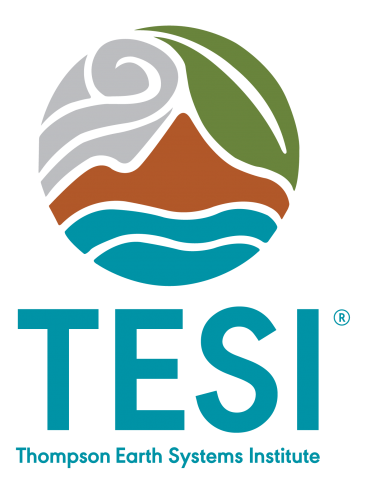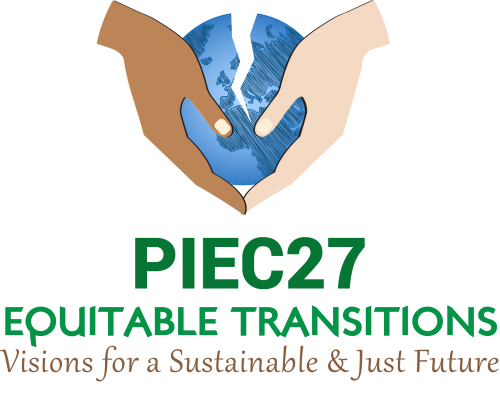Spring 2021
In Spring 2021, the University of Florida Thompson Earth Systems Institute, housed at the Florida Museum of Natural History, hosted the inaugural UF Environmental Justice Media Intensive, a crash course for UF students looking to gain experience reporting on the intersection of environmental challenges and social justice issues.
The course was centered around the UF Law School’s 27th Annual Public Interest Environmental Conference (Feb. 12-13, 2021) with the theme “Equitable Transitions.”
Topics covered at the conference included:
- Environmental Justice & Energy Distribution
- Environmental Justice & Natural Disasters
- Environmental Justice & Food Equity
- Environmental Justice & Water Resources
- Environmental Justice & Land Use
Participating Students
- Shannon Barry, master’s student, nematology
- Trista Brophy-Duron, Ph.D. student, interdisciplinary ecology
- Jennifer Hayes, master’s student, mass communication
- Jordyn Kalman, undergraduate, journalism major
- Natalie Lara, undergraduate, environmental science major
- Sam Zlotnik, Ph.D. student, interdisciplinary ecology
Participating students attended the conference and worked in pairs to write a story and produce a complementary multimedia package on a particular topic. Before the conference, students attended a 2.5-hour pre-conference workshop to meet their editors, learn reporting tips & tricks and set a plan for pre-reporting and research.
Course Instructors
Throughout the course, students were mentored by a superb team of journalists and editors:
All final content, once published will be hosted on the TESI website but will be published under a creative commons license and free to use elsewhere.
Participating students complete the course with a published story and multimedia package (this could include infographics, social media assets, video or photos), a one-year student membership to the Society of Environmental Journalists and a certificate showing their participation.
Stories:
When the COVID-19 pandemic began, Robin Lewy worried that farmworkers and their families in North Central Florida would be the last to receive vital public health information. Her concerns were especially amplified for workers who do not speak English as their primary language.
Worldwide agriculture operations have experienced disruptions in food production and transportation during the pandemic, according to the Food and Agriculture Organization of the United Nations. In the state of Florida, where agriculture is the second largest industry after tourism, fruit and nut producers saw an average of 30% sales losses over the first two months of the pandemic.
While the industry overall has struggled, dangerous living and working conditions long experienced by farmworkers have been exacerbated by the pandemic, making this group particularly vulnerable to the virus.
For decades, residents of Puerto Rico have migrated to the U.S. mainland for jobs, college, to raise children and to join family and friends. Those who leave the island often return to it. Patterns of “circular migration” are common.
In 2017, Hurricanes Irma and Maria struck Puerto Rico in rapid succession, resulting in massive and sudden flight from the island to places like Central Florida.
The Puerto Rico to Central Florida migration dynamic raises key questions: How can government officials, nonprofit organizations and communities support climate migrants in U.S. cities? And what do people in migrating communities need in order to find long-term comfort and stability?
The Tampa-St. Petersburg-Clearwater metro area is majority white, and has a significant and growing Latinx population, according to Census Reporter. In Tampa Bay, both affluent and low-income neighborhoods flood, as does downtown. But communities of color and low-income residents often take the brunt of the impact, facing a greater risk of property loss, health problems and economic hardship.
Tampa has only recently started addressing flooding and stormwater management through a comprehensive lens that includes climate change and environmental justice.
Hosted by:
 |
 |


